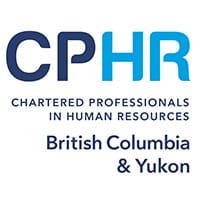Before starting a manufacturing plant in British Columbia, business owners must familiarize themselves with certain labour laws. In Canada, many matters related to human rights, health, safety and employment fall within the province’s jurisdiction.
Here are three important rules to be aware of:
Termination rules
When dismissing employees, employers must either provide a reasonable period of advance notice of termination, or wages in place of notice. This is only supplanted by an enforceable written contract of employment that lawfully limits notice or pay in lieu.
Litigation often ensues regarding the appropriate length of common law reasonable notice periods. Some suggest a basic guideline is between three and five weeks for each completed service year; however, Canadian jurisprudence repeatedly affirms that there is no set formula and each case must be considered on its unique facts. Along with the period of service, additional aspects to consider in determining the termination notice period include the worker’s:
- Age
- Employment classification / Character of Employment
- Other employment availability
Rules for unions
When it comes to unionized companies, a working relationship with a union is not optional. Furthermore, British Columbia has strict laws related to the health and safety of employees. The obligations and rights of employers, employees and supervisors are set out in the statute. Each workplace must have a written policy and guidelines for the employer’s commitment to protecting employees from known employment-related hazards.
Drug and alcohol testing
Testing employees for drugs or alcohol is a sensitive area of labour, employment, and privacy law. The circumstances that justify testing are narrow and strictly monitored. While pre-employment testing is impermissible in all but the most exceptional circumstances, testing employees on the job is still not an easy endeavour. Typically it is only allowed if other steps to control alcohol and drug use in the workplace are insufficient.
These are only some of the employment law matters to understand. It is wise for employers to retain legal counsel services to ensure they comply with all aspects of British Columbia employment law.


